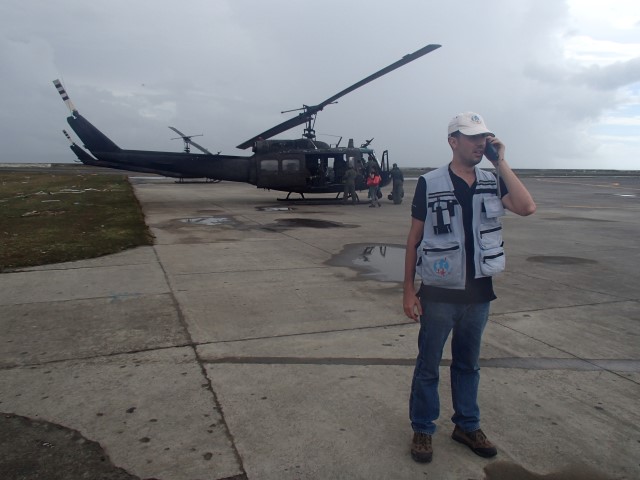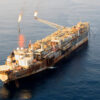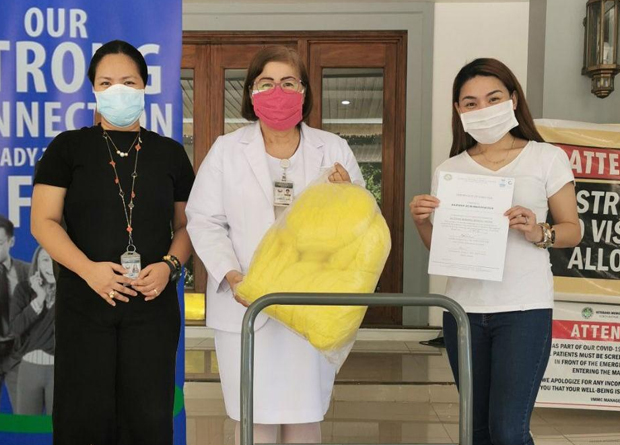Inmarsat-sponsored organization Télécoms Sans Frontières (TSF) is continuing its critical battle to provide emergency phone and broadband services in the worst hit regions of the Philippines following the recent typhoon.
Directly supporting the Philippine government, the United Nations and other aid agencies, TSF is deploying Inmarsat’s mobile satellite services to connect medics and emergency first responders as millions of Filipinos struggle to access medical help, food, water and shelter.
Inmarsat today confirmed that since the disaster struck, the company has prioritized satellite traffic to and from the Philippines. Based at the company’s Network Operations Centre in London, teams of satellite network controllers and Inmarsat engineers have been working 24-hours a day with TSF’s French-based HQ and its teams on-the-ground in the Philippines to restore communications.
TSF, which in English means “Telecoms Without Borders,” have confirmed that the Philippines’ Minister and Deputy Minister for Home Affairs and National Security have been personally provided with Inmarsat IsatPhones to improve communications with their government colleagues located across the country and beyond. Additionally, TSF is directly helping the Philippines Department of Health to restore broadband internet access to the General Hospital in Tacloban, the Philippine city devastated by the typhoon. The broadband satellite service will enable hospital staff to collaborate with medical teams on a national scale and provide well-coordinated health support to the thousands of victims seriously injured in the recent disaster.
With the support of Inmarsat, TSF is also assisting two United Nations agencies – OCHA (Office for the Coordination of Humanitarian Affairs) and UNDAC (United Nations Disaster Assessment and Coordination) – by providing satellite-based broadband internet connections to their teams on the ground. TSF teams, supported by the technical resources of Inmarsat, have been deployed to the islands of Busuanga and Panai to provide technical and material support to the UN.
“Inmarsat was founded to save lives at sea and, even after 32 years of commercial development, humanitarian support remains at the heart of what we do,” said Rupert Pearce, CEO of Inmarsat. “We are very proud of our close collaboration with TSF and we will continue to support TSF in every way that we can to help the millions of people in the Philippines whose lives have been adversely affected by the recent devastating typhoon. Our satellite broadband and voice services support highly relevant relief and reconstruction efforts in both remote regions and where terrestrial networks are down, as well as bringing the plight of the region to the attention of the world through the efforts of the media.”


















































































































